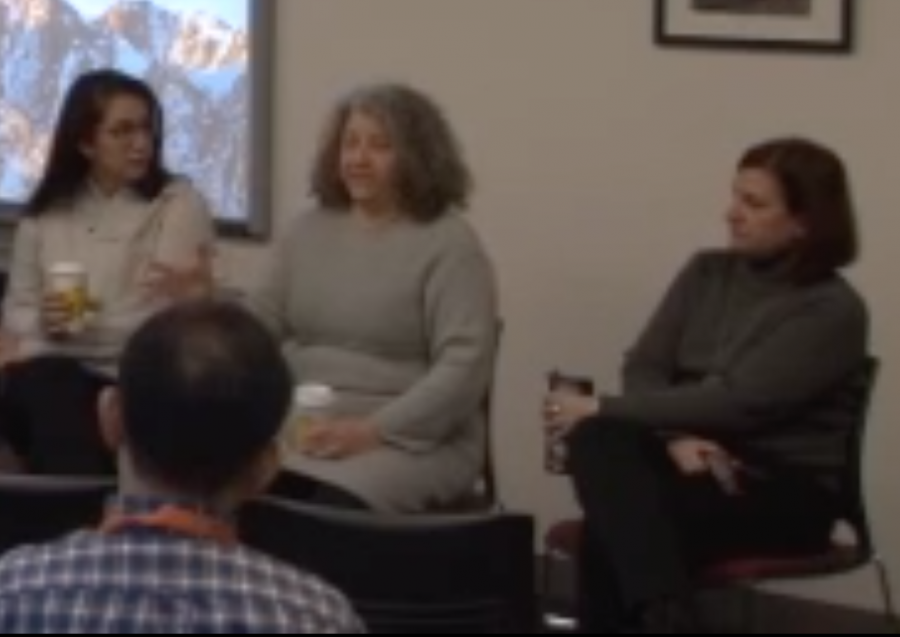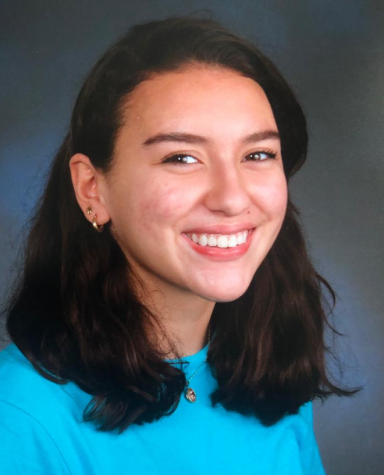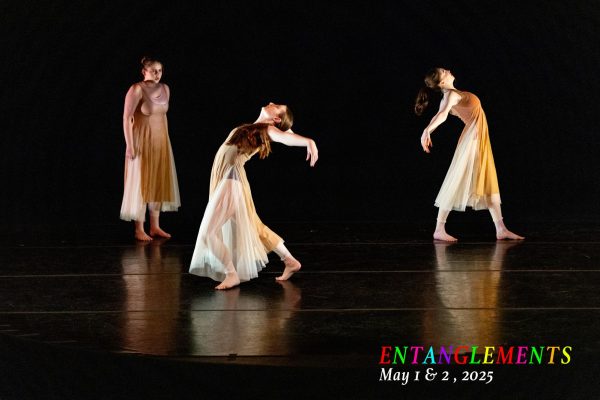College Counseling: Adapted, Not Cancelled
April 18, 2020
In today’s age of quarantine, the word that everyone seems to champion is “adaptability.” Chicagoans are adapting to the Shelter-in-Place order by using personal protective equipment and social distancing methods while working essential jobs, remaining in the confines of their own home, or transitioning to e-learning. Students on every side of the city have altered the way they learn and study, teachers have changed the way they teach, and the school system has dissolved into an online version of what it once was. At Latin, juniors, in particular, have been affected by the adaptation of College Counseling. Once a class centered on community-building and collaboration in order to make the college process less stressful and daunting, the online version of College Counseling is quite unrecognizable. Students must either reach out to their counselors for one-on-one discussions about their college process or join a Google Meet during their usually scheduled class block to meet with their counselor and/or any other classmates that may be present in the call.
What some have been referring to as the “cancellation of College Counseling”—despite the fact that the class is still technically in effect— is fanning a flame of uncertainty among students. Junior Josie Daab said that the sudden move away from group classes was “less about the importance of the class, because it’s definitely important, and more about the ‘unadaptability’ of the class.” The defining attribute of College Counseling was the ‘all in this together’ mindset it cultivated in students. Moving a class like that online leaves something to be desired.
Junior Hailey Hurd said that although the online version of the class was not innately community building, “one-on-one meetings have been the most useful form of college counseling so far, because the college process is so personal and specific to each student.” She appreciated the counselors’ effort to maintain what she sees as the most helpful part of the class.
Senior James Wolf seconded this, saying, “ The class helped with getting acclimated to the Common App, but the assignments held little to no value in my opinion.” The Common Application, a topic most juniors are still mystified by, is part of the class’ fourth-quarter curriculum.
However, Ms. Pleshette said that the counselors are “still going to get everybody ready on the Common App and essay writing and teacher recommendations,” but that they were using this time to pull back and figure out how they were going to do that virtually. Students can still reach out to their counselors about specific questions they have regarding applications and, as junior Sebastian Valenzuela pointed out, “the counselors are doing a great job of keeping us updated with those changes and making it clear that they’re there for our needs.”
Some students were still confused about the reasoning behind the decision to get rid of compulsory group classes. For instance, junior Freddi Mitchell says she thought it would be “easy to host a Zoom class,” and that Latin students are “in this e-learning environment, we’re under a stay-at-home order, we can only tour schools virtually and find information online… We can still meet with our individual [college counselors], but we need to have structure.”
The counselors realize that the class of 2021 desperately needs their help. In response to moving all academics online, to best support their students, the college counselors decided they would approach quarantine like our local government; they would focus on the essentials. Ms. Pleshette explained, “A lot of decisions were being made very quickly and in an unprecedented way… We realized that we should think about the most essential task that we have to do, and that is to personally counsel students in their college process.”
Regarding the widespread rumor that College Counseling is basically canceled, Ms. Pleshette responded that the classes are not canceled, saying, “We’re holding that time sacred in the calendar and… I want kids to check in during those times.” Ms. Pleshette suggested that, in the meantime, students check in with their counselors so they are best equipped to “start on their essays early,” around summertime, and to remember that, in terms of personal essay topics, although the coronavirus pandemic is “a really important thing that’s happening in everybody’s life,… it’s [also] happening in everybody’s life. Unless you have a way of approaching what’s going on now in a very personal and uniquely insightful way, I think colleges are probably going to see thousands and thousands of COVID essays this year.”
In her eyes, the silver lining of college tours being canceled was that students were not depending solely on their first impression of being on campus to tell them whether the college was right for them. Instead, students now have to do real research on schools so they pick places they know will support them in a way that is stronger and more durable than the beauty or the weather that they saw on the day of their college tour.
College admissions are sure to see a massive change in light of the pandemic, as many juniors were unable to take standardized tests during this semester and their day-to-day education has gone virtual. When asked if she knew how admissions would change, Ms. Pleshette simply said, “Anybody who tells you that they have an answer to this is lying to you.” She pointed out that our government doesn’t even know how this pandemic is going to affect the month of May. Typically, “Step A always leads to Step B and Step B leads to Step C… We are all living in a time where [we have to ask] ‘what is step B?’” The one thing she could say with complete certainty was that more colleges would move away from requiring standardized test scores with an application and that she hoped that “it might energize [2021’s] class to be even more socially engaged and focused on social justice issues and action.”
Her final bit of advice was to spend this time “thinking about and reflecting on your life and how you see the world in a way that is uniquely you: How you see challenges or joys or blessings or struggles that are part of your narrative and have taught you something about yourself.”


























































